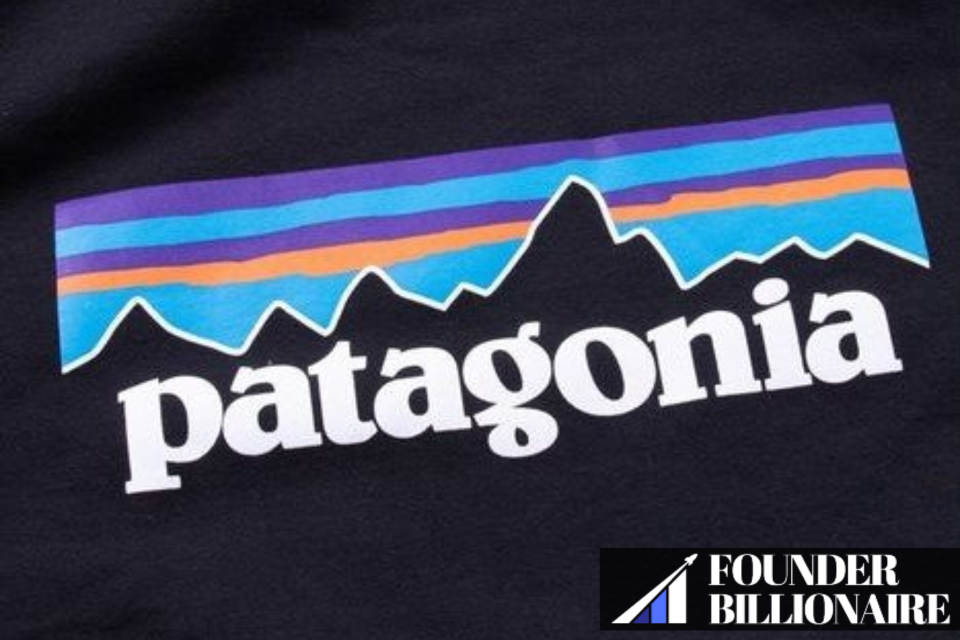Patagonia, founded in 1973 by Yvon Chouinard, has become a global leader in sustainable fashion and environmental advocacy. The company’s innovative business model integrates sustainability into every aspect of its operations, setting a benchmark for responsible corporate practices. Patagonia’s approach demonstrates that profitability and environmental stewardship can coexist, inspiring businesses worldwide to adopt similar values.
A Purpose-Driven Mission
Patagonia’s mission statement, “We’re in business to save our home planet,” encapsulates its commitment to protecting the environment. This ethos drives every decision the company makes, from product design to activism campaigns. Unlike traditional businesses focused solely on growth, Patagonia prioritizes environmental and social responsibility, aligning its operations with long-term sustainability goals.
Sustainable Materials and Manufacturing
Patagonia has pioneered the use of sustainable materials to minimize its environmental impact. Over 75% of its products are made from recycled materials, including polyester derived from plastic bottles and post-consumer cotton scraps. The company was also an early adopter of organic cotton and has developed regenerative organic standards for cotton, wool, and leather supply chains to restore degraded landscapes.
In addition to sustainable sourcing, Patagonia employs water-saving techniques and renewable energy in its manufacturing processes. Its facilities are powered by clean energy sources, and it actively works to reduce greenhouse gas emissions across its value chain. Patagonia’s commitment to reaching net-zero emissions by 2040 underscores its dedication to combating climate change.
Product Durability and Circular Economy
Patagonia designs durable, timeless products that prioritize functionality over fleeting trends. This focus on quality reduces waste by ensuring items last for years. To further promote sustainability, the company offers extensive repair services through its Worn Wear program, launched in 2013. This initiative encourages customers to repair their gear rather than replace it, extending product life cycles and reducing landfill waste.
The Worn Wear program also includes an online resale marketplace where lightly used Patagonia products are sold at reduced prices. By embracing a circular economy model, Patagonia fosters a culture of reuse and repair while making sustainable fashion accessible to a broader audience.
Environmental Activism
Patagonia’s environmental advocacy is central to its brand identity. The company supports grassroots organizations through initiatives like 1% for the Planet—a self-imposed “Earth tax” that donates 1% of annual sales to environmental causes. Since its inception in 1985, this program has contributed millions of dollars to conservation efforts worldwide.
Patagonia also uses its platform for activism campaigns that raise awareness about critical issues such as climate change, biodiversity loss, and public land protection. Notable examples include the “Don’t Buy This Jacket” campaign in 2011, which encouraged consumers to reconsider their purchasing habits in favor of sustainability. In 2017, Patagonia made headlines by suing the U.S. government over reductions in protected national monument lands—an unprecedented move that underscored its commitment to preserving natural habitats.
Supply Chain Transparency
Transparency is a cornerstone of Patagonia’s operations. The company provides detailed information about its supply chain through tools like the Footprint Chronicles, which tracks the environmental impact of each product from raw material sourcing to manufacturing. By holding suppliers accountable for adhering to high environmental and social standards, Patagonia ensures ethical practices across its value chain.
Employee Well-Being and Community Engagement
Patagonia extends its sustainability ethos to employee well-being and community engagement. It offers on-site childcare at its headquarters to reduce commuting emissions and sources over 75% of cafeteria ingredients locally to minimize food miles. The company also invests heavily in community programs that support environmental education and activism.
Business Benefits of Sustainability
Patagonia’s commitment to sustainability has strengthened its brand loyalty and customer engagement. Studies show that environmentally conscious consumers are drawn to purpose-driven companies like Patagonia, resulting in higher repeat purchase rates and longer brand retention. Younger demographics especially favor businesses that prioritize sustainability, giving Patagonia a competitive edge in the market.
Additionally, proactive environmental measures help Patagonia future-proof against tightening regulations while realizing operational efficiencies. Recycling programs generate revenue by converting waste into raw materials, while renewable energy investments lower long-term costs.
Lessons from Patagonia’s Model
Patagonia’s business model offers valuable lessons for companies seeking to integrate sustainability into their operations:
- Align Business Goals with Environmental Values: A clear mission statement can guide strategic decisions while inspiring employees and customers.
- Prioritize Transparency: Openly sharing supply chain practices builds trust with stakeholders.
- Embrace Activism: Leveraging a brand platform for advocacy can drive meaningful change beyond business operations.
- Invest in Quality: Durable products reduce waste while enhancing customer loyalty.
- Adopt Circular Economy Practices: Encouraging repair and reuse fosters sustainability while expanding market reach.
Conclusion
Patagonia exemplifies how businesses can lead with purpose while achieving commercial success. By embedding sustainability into every facet of its operations—from materials sourcing to activism—the company has set a new standard for corporate responsibility. As climate challenges intensify and consumer expectations evolve, Patagonia serves as an aspirational model for businesses aiming to balance profit with positive impact.
Through bold initiatives and unwavering commitment to protecting the planet, Patagonia continues to demonstrate that business can be a force for good—providing hope that others will follow its lead toward a more sustainable future.


